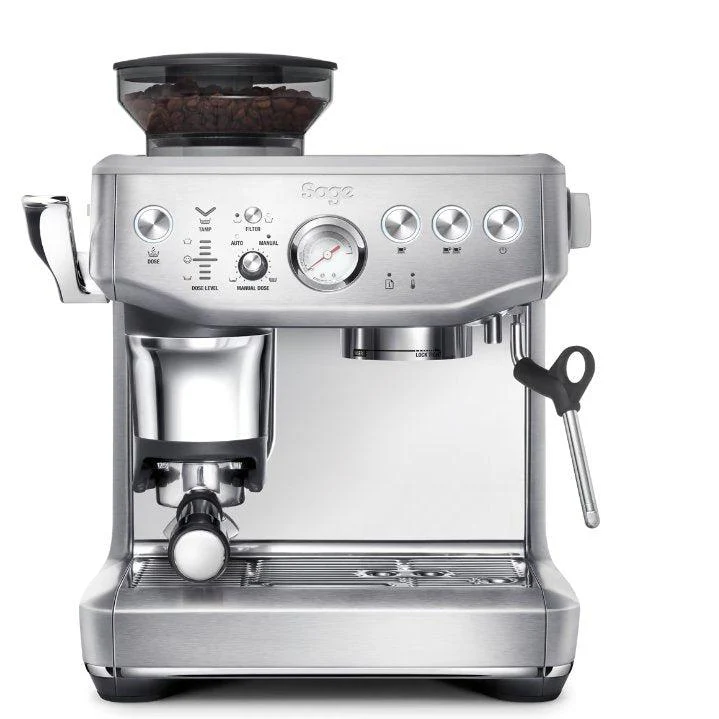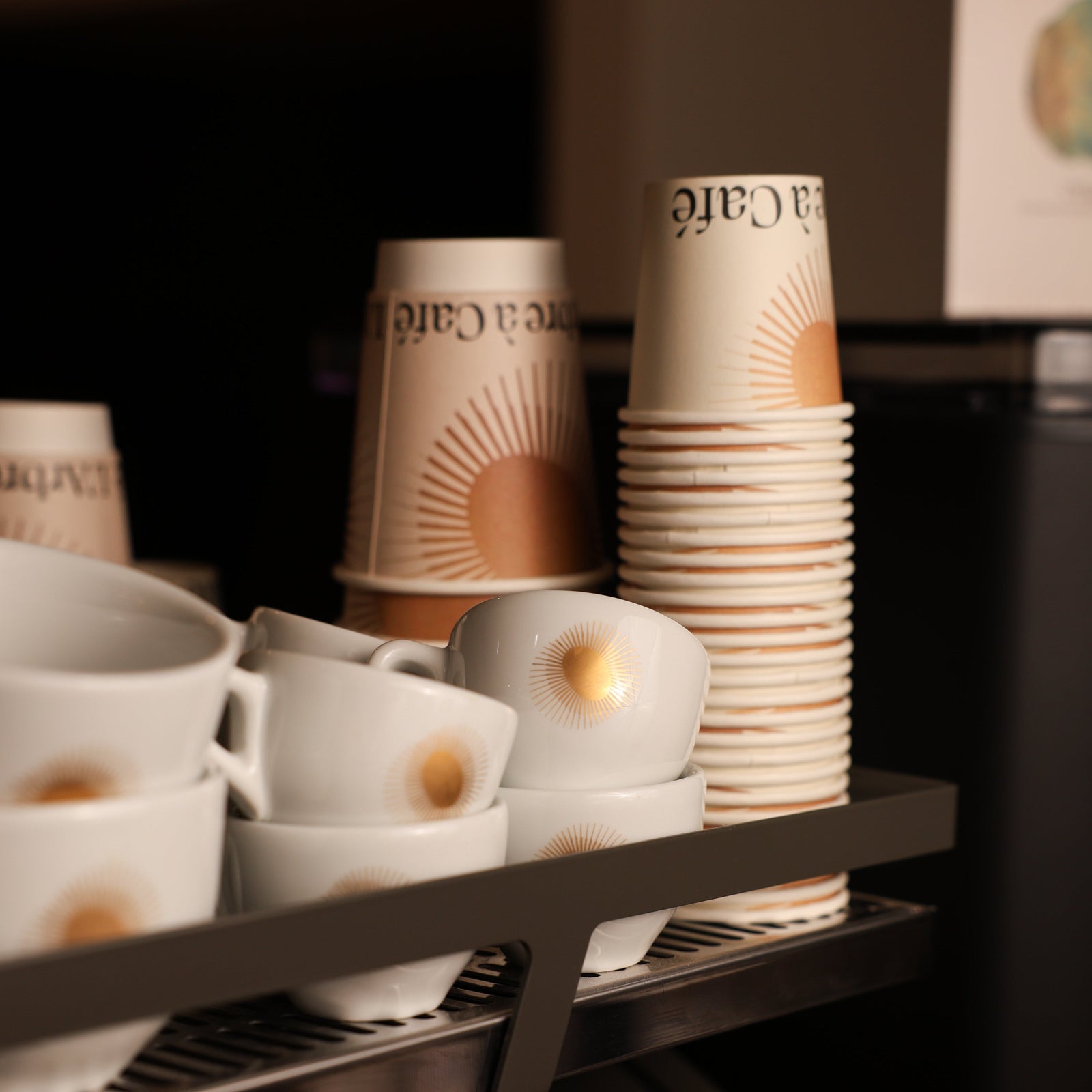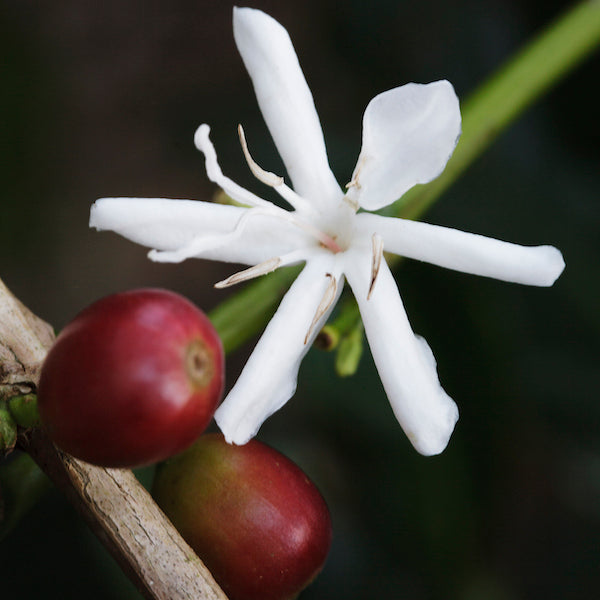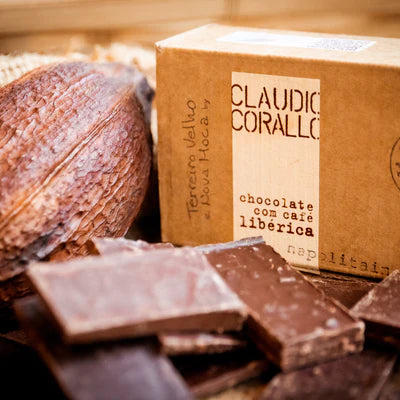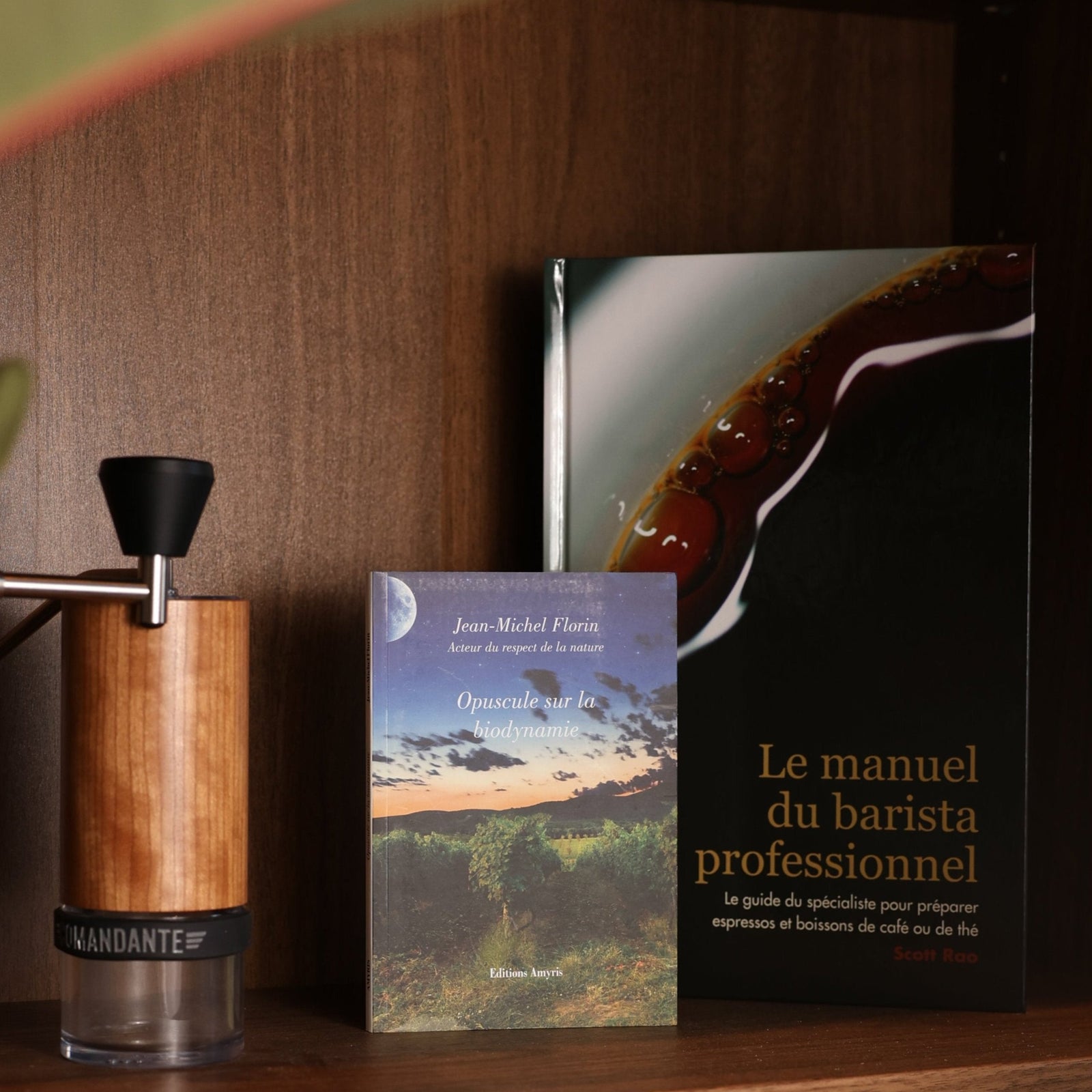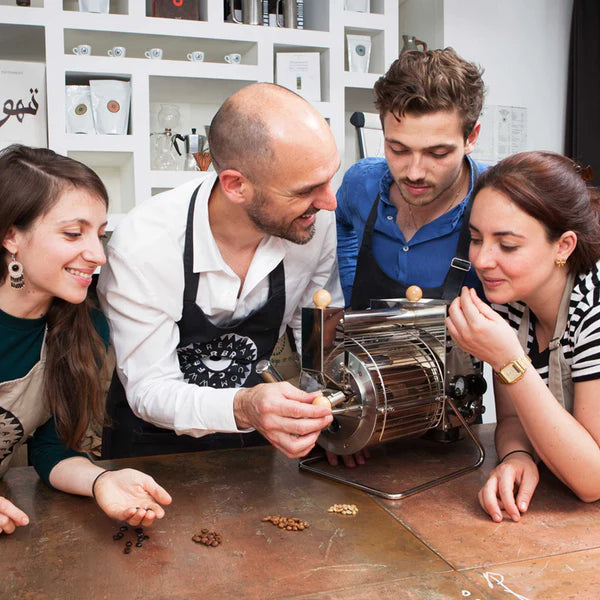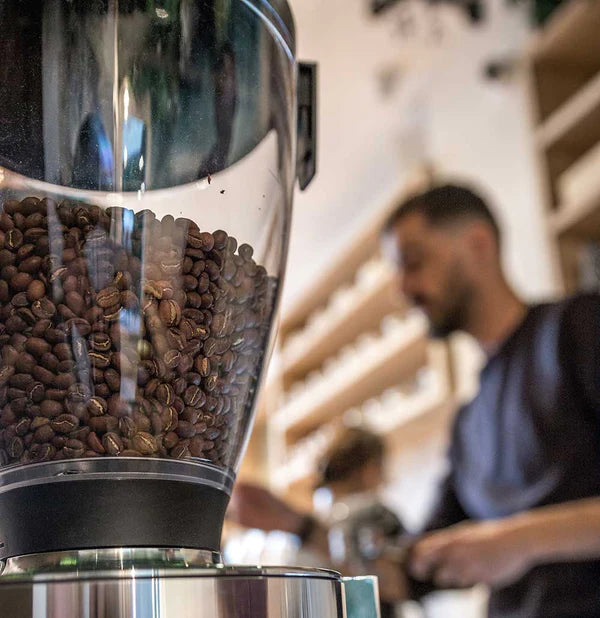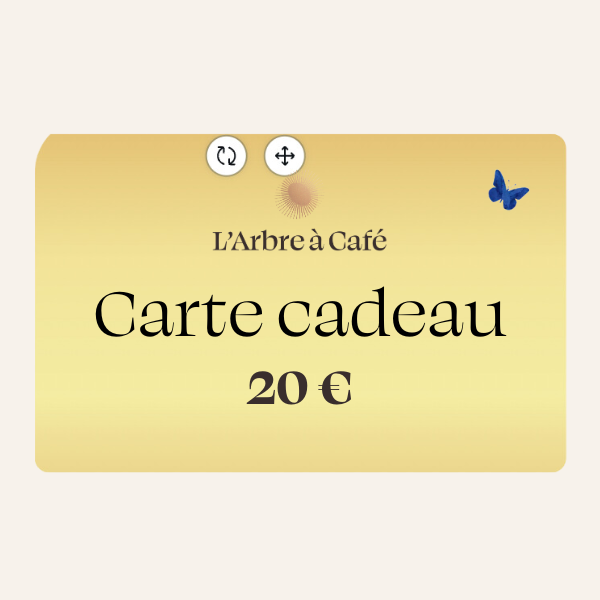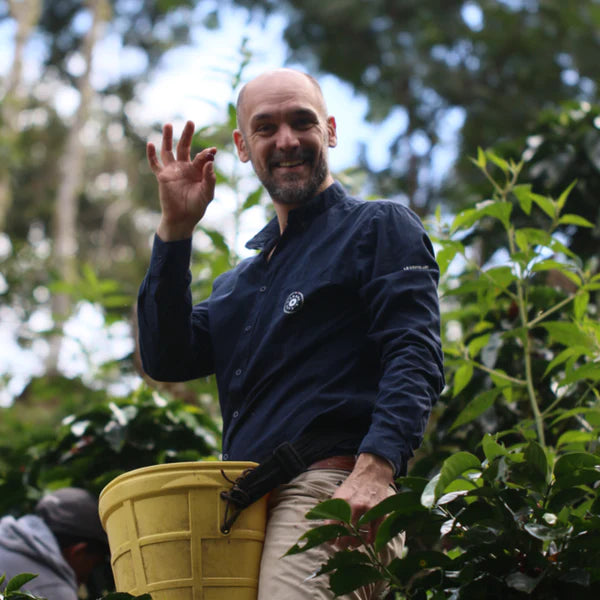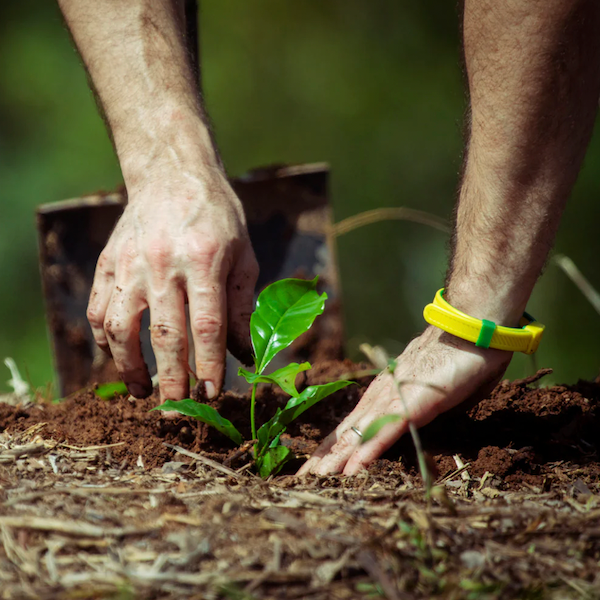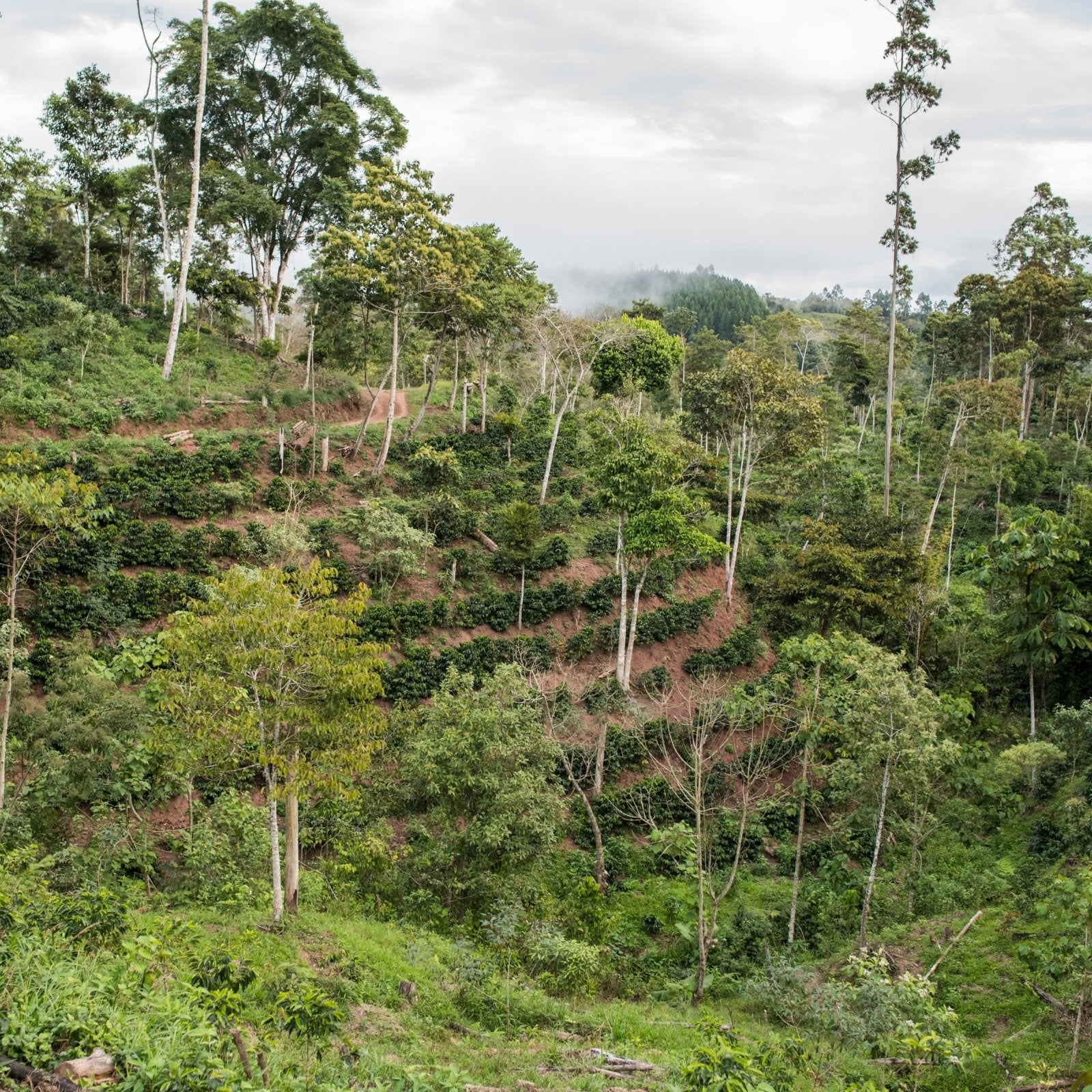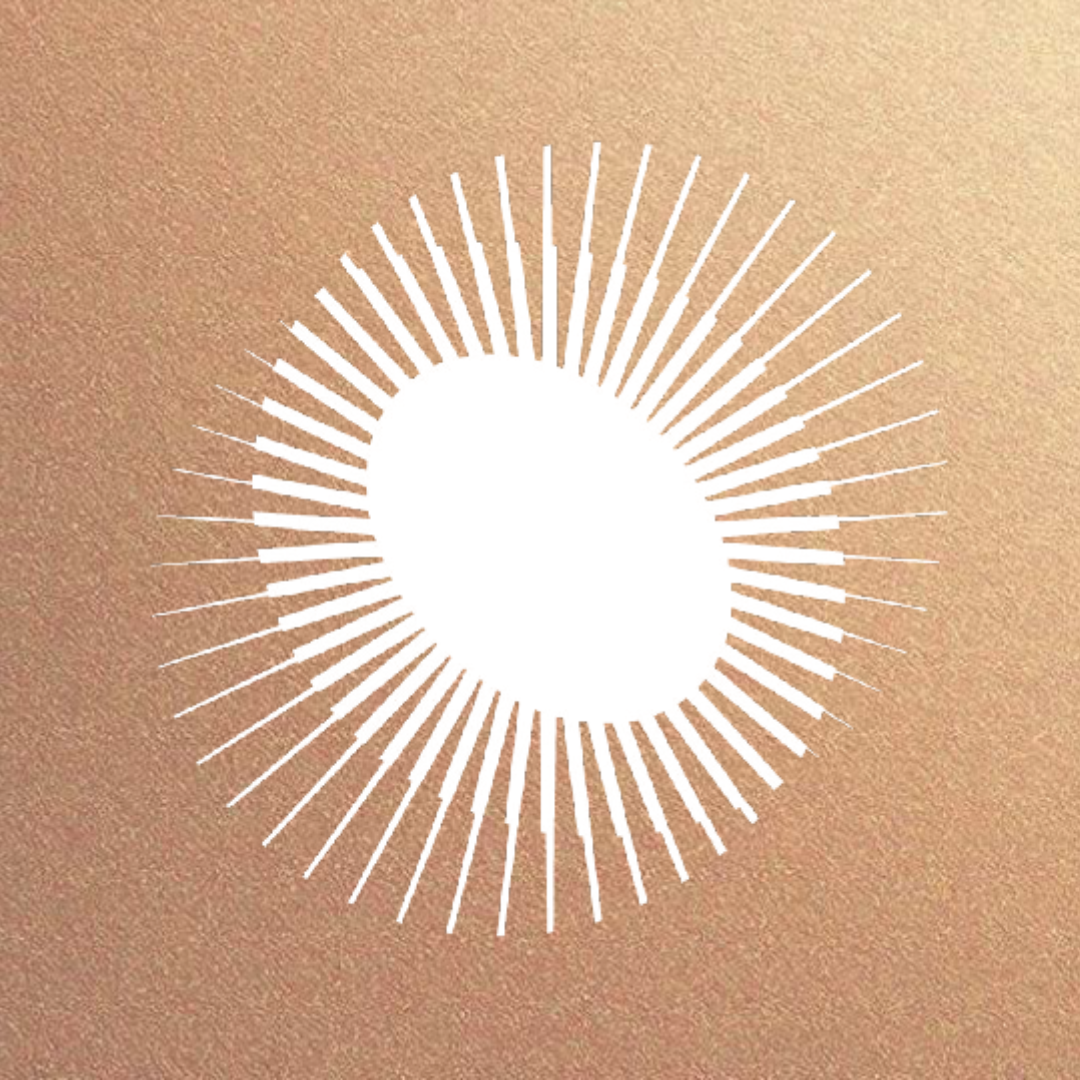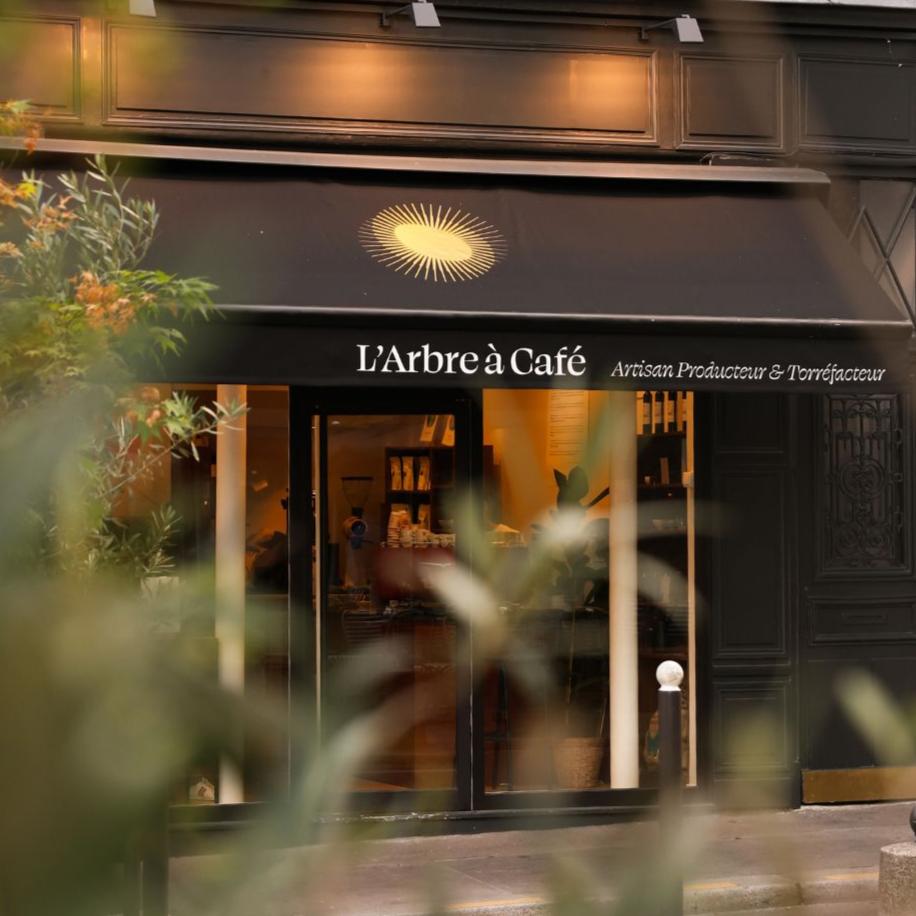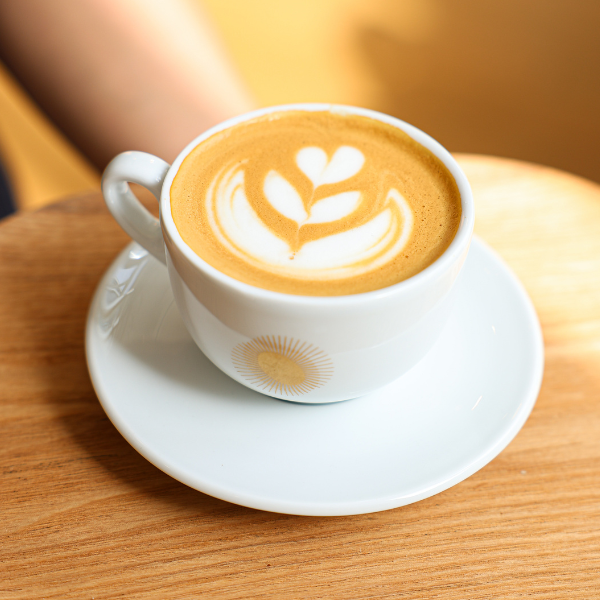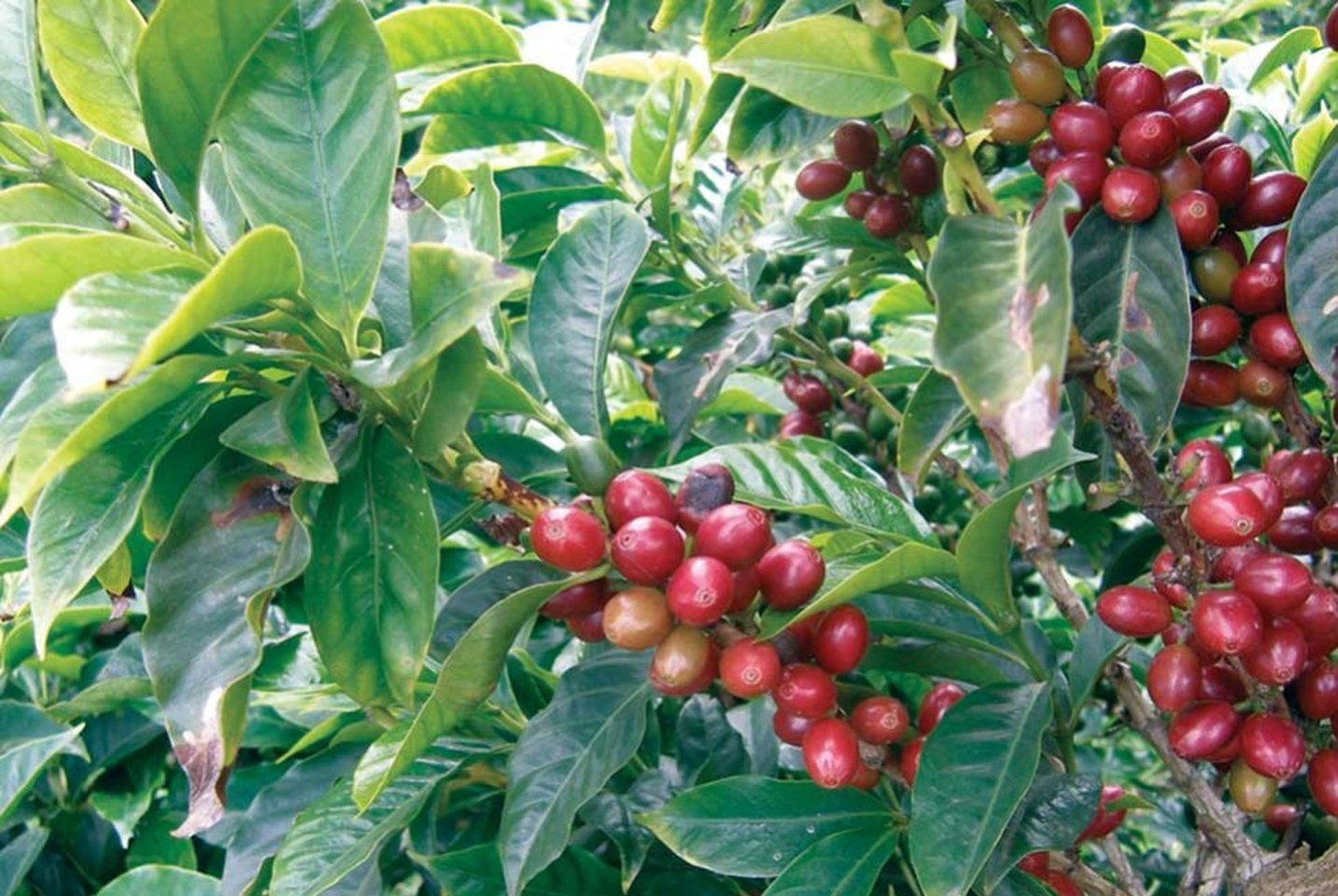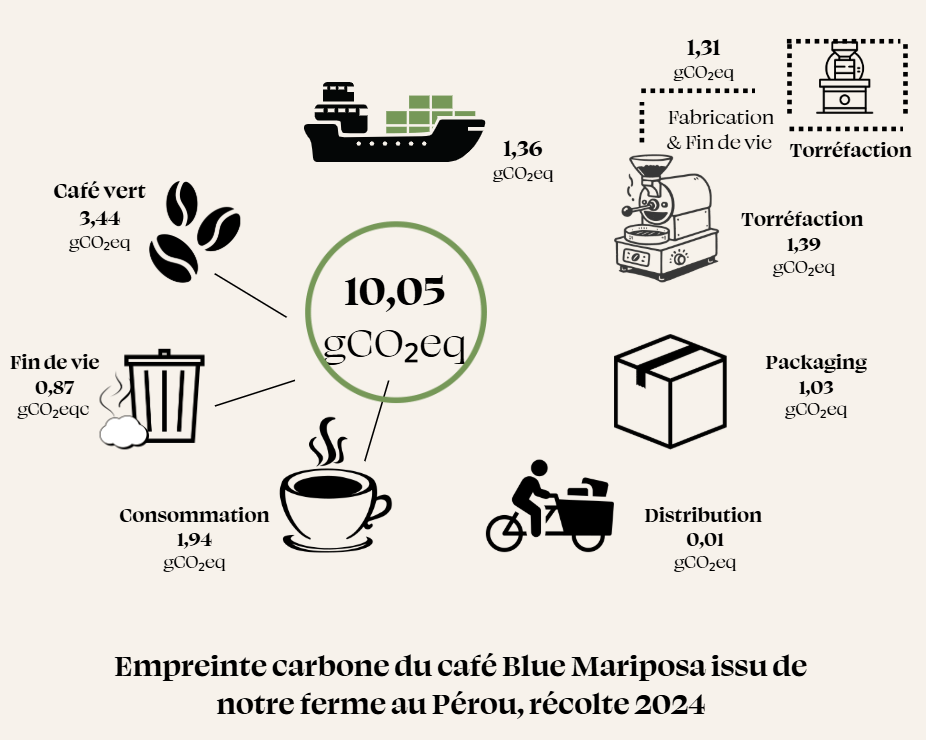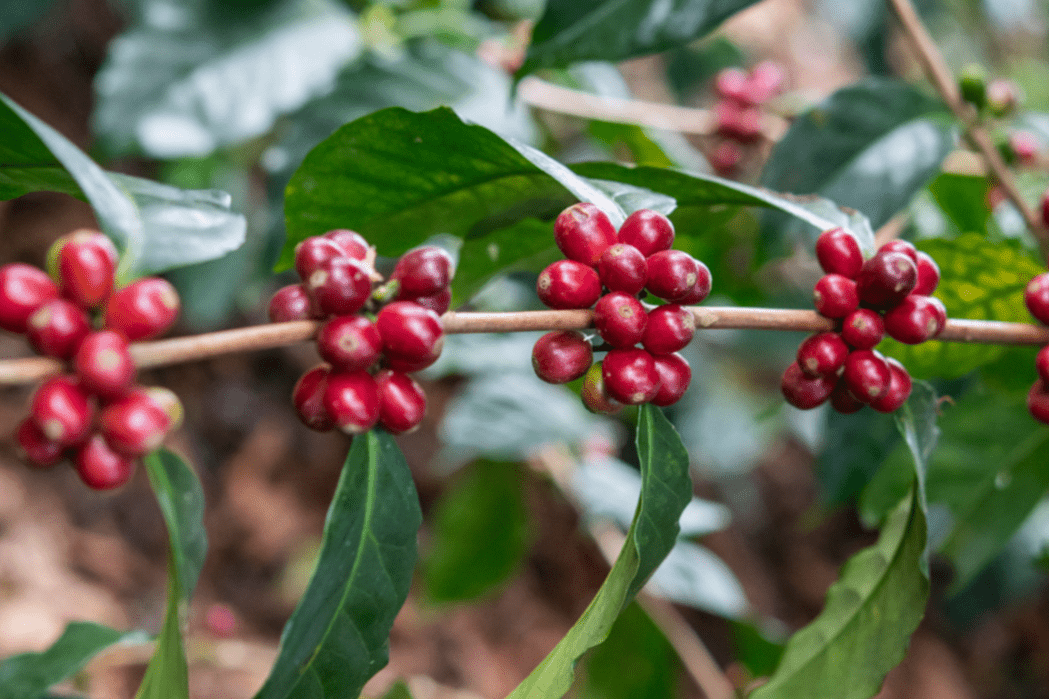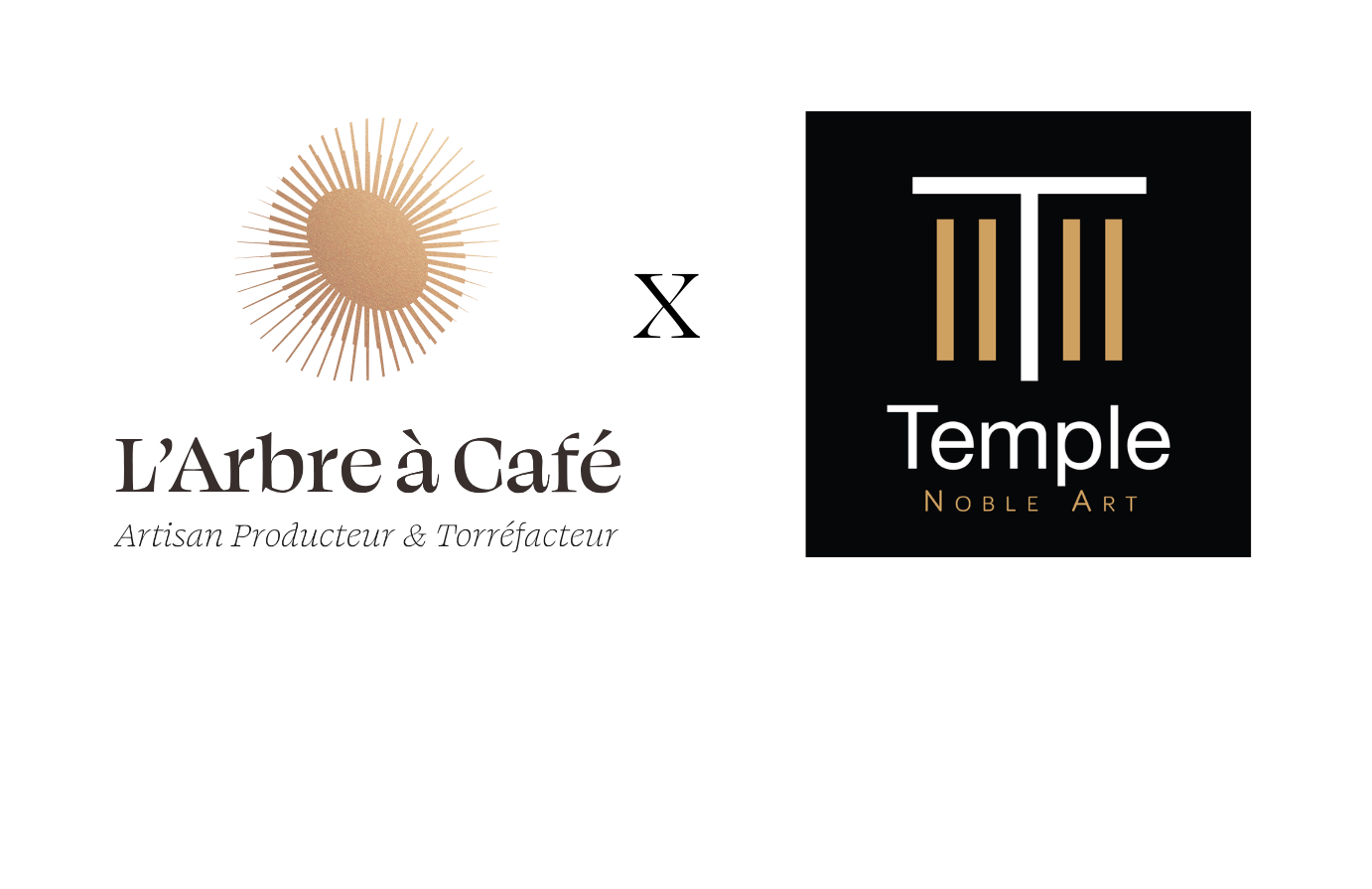Today, predigested coffees - most often by possums, a kind of marsupial - are appreciated for their roundness and exoticism.
This interest is not a recent fashion, since already in 18th century India, monkey coffee was sold out and in Indochina at the beginning of the 20th century, bat coffee was the ultimate. Today, we talk about elephant coffee, kangaroo coffee and many other things.
Completely vegetable or transformed by the animal, thanks to their taste and rarity, here is a list of exceptional products that make coffee lovers happy.
Animal cafes
The Kopi Luwak, rarely wild, is the most publicized of them
The history of Kopi Luwak
The history of this coffee begins at the same time as the diffusion of coffee growing on a worldwide scale. Indeed, the Dutch, by planting the first Arabica plants (Typica) at the beginning of the 18th century, were to make coffee a worldwide crop. It was there, before acclimatizing coffee in the Amsterdam Botanical Garden, in Surinam and in all their colonies, that they set up their cultuurstelsel ("cultivation system"), first in Java and then in Sumatra, as well as in several islands of their Dutch Indies.
The Kopi Luwak would never have come into being if the settlers had not forbidden the local farmers to pick coffee for their own use and if the latter had not discovered that certain species of musang or luwak consumed the fruits of the coffee tree and discarded the seeds in their excrement. They then started to harvest and consume them: the Kopi (meaning coffee) Luwak was born. And rarely in coffee was it the producers, not the consumers, who were the driving force behind the innovation.
Soon, the reputation of this beverage reached the circle of plantation owners and settlers, who made it their favorite.
How is Kopi Luwak produced?
Kopi Luwak is a coffee resulting from an atypical mode of production: it comes from the excrement of the luwak, an Asian civet of the viverridae family.
The coffee cherries are consumed by this small animal (omnivorous and therefore frugivorous) and it will then digest their pulp but not their pit, which will then be harvested. From a biological point of view, the kopi undergoes an enzymatic transformation and a cellular degradation during digestion. The protein chains are then reduced to shorter chains or individual amino acids, which gives it that round and sweet taste.
Rest assured, the digested beans are washed and sorted before roasting (at over 200° C).
If you want to buy Kopi Luwak, look carefully at at least three crucial pieces of information:
1- The name of the variety: it must be an Arabica, not a Robusta, and if possible another variety than Catimor, often very bitter and not very complex in these islands.
2- That the process does not come from breeding: for a question of taste because when you breed you have to meet production requirements and feed the animals with immature, rotten cherries etc... especially at the end and beginning of the harvest. But also because it is not very animal friendly.
3- The date of roasting: many producers prefer to roast their coffee themselves in order to gain margin, but as a result, the freshness of this one is a distant memory.
For these reasons, L'Arbre à Café does not offer Kopi Luwak but other animal coffees, harvested by hand, in plantations that are at least organic and most often biodynamic. There is nothing difficult about this, because in an agroforestry plantation, possums abound, and in the middle of the harvest, they come from all over the surrounding forest, to gorge themselves on the juicy and ripe cherries. All you have to do is bend down to pick up these jewels.
The Unna Jewel: a world exclusive for a rare experience.
The Lacu Ten: a rare coffee for lovers of strong and round espresso.
What is the price of Kopi Luwak?
Sold mainly in Japan, the United States and Europe, Kopi Luwak is considered the most expensive coffee in the world as its price varies between 200€ and 400€ per kilogram (on average, count 70€ per cup).
How to taste a Kopi Luwak?
Because of their sweetness and roundness, pre-digested coffees are best enjoyed as espresso. All their fullness, their richness, their body will be enhanced. Another very convincing method is the cold brew, the cold drip, which alone can give all the depth of these coffees from the bowels.
Jacu Bird Coffee, made by birds, is one of the best.
The history of Jacu Bird Coffee
Long considered a pest in the eyes of producers because it feasted on coffee beans, the jacu has long been and still is hunted by producers, despite being protected. The Jacu with coffee is one of the common dishes of the coffee growing regions.
But recently, some people have realized that it can be a great ally, because this Brazilian cousin of the pheasant, native to the province of Espirito Santo, also loves ripe coffee cherries and, as a connoisseur, will only choose the best.
How is Jacu Bird Coffee produced?
Just like the luwak, this quality coffee breeder will ingest the coffee cherry, digest it and eliminate the bean in its excrement.
What is the price of Jacu Bird Coffee?
As its production does not exceed hundreds of kilos, this exceptional coffee also has an exceptional price: about 200€ per kilogram. If you want to taste it, we propose you a 125 grams bag.
How to taste a Jacu Bird Coffee?
As for the Kopi Luwak, Jacu Bird Coffee can be enjoyed as an espresso or a cold brew.
Black Ivory Coffee honors the elephant
The history of Black Ivory Coffee
For more than 10 years, the Golden Triangle Asian Elephant Foundation has been fighting for the protection of elephants in Northern Thailand, in Chiang Saen to be precise, and takes in those who have been mistreated. It also produces a world-famous coffee, Black Ivory Coffee, made from coffee beans naturally refined by the animal.
How is Black Ivory Coffee produced?
There, the elephant feeds on the best coffee cherries found at 1500m altitude, often Thai Arabica plants. The Mahout, who is the guide and caretaker, will then collect the seeds from the animal's excrement, dry them in the sun and roast them.
It is estimated that it takes about 33 kilograms of coffee cherries to produce one kilogram of Black Ivory Coffee.
What is the price of Black Ivory Coffee?
To be able to taste this delicious beverage, count on approximately 1700€ euro per kilo.
How to taste Black Ivory Coffee?
Like all animal coffees, Black Ivory expresses itself particularly well in espresso. It has the most generous body and the most convincing sweetness.

Plant-based coffees
Le Bourbon Pointu, the rebirth of an exceptional coffee
The history of Bourbon Pointu
Bourbon Pointu comes from the island of Reunion, formerly called the island of Bourbon. It is one of the oldest coffee varieties in the world. Although it almost disappeared because of the development of sugar cane, the culture of Bourbon Pointu was reborn thanks to passionate producers. Its future is now well and truly assured, it is now considered one of the most expensive coffees in the world.
How is Bourbon Pointu produced?
Bourbon Pointu is a coffea Arabica whose variety is Laurina. It is one of the first natural mutants outside the Horn of Africa. It is on the volcanic soil of Reunion Island that the Bourbon, brought from Yemen, has mutated and is now cultivated by the Cooperative of Bourbon Pointu.
What is the price of Bourbon Pointu?
A kilogram of Bourbon Pointu costs about 459 euros. This is three times more than Jamaica Blue Mountain. L'Arbre à Café suggests you discover the Bourbon Pointu Grand Cru from 49€.
How to taste a Bourbon Pointu?
As in many cases in the kitchen, the infusion is the gentlest method for the product, the one that best respects and exhales its aromas and flavors.
All competitions, all professional tastings are done in infusion. Thus, Frédéric Descroix, the father of Bourbon Pointu, swears by the infusion.
The Bourbon Pointu of ReunionIsland gives, by cold infusion, a confounding liquor, which makes the best sommeliers of the world swoon. A small glass is enough to accompany your dishes, including salty ones, your most expressive desserts and even your most refined digestives.

Jamaica Blue Mountain, a high rise coffee shop
The history of Jamaica Blue Mountain
The history of Jamaica Blue Mountain is singular, the result of several historical "ricochets".
It began in the 18th century when Louis XV decided to send some plants of this coffee to the French colony of Martinique.
A few years later, the Governor of this island offered several plants to Sir Nicholas Lawes, then Governor of Jamaica, a colony controlled by the British.
But it is only in 1838, with the abolition of slavery on the British territory, that the former slaves will start the culture of coffee and give it its letters of nobility.
How is Jamaica Blue Mountain produced?
Nestled at an altitude of over 2000 meters, on the slopes of Jamaica's Blue Mountain, the coffee trees grow in remarkable conditions. The rich soils, rainfall, thick fog and biodiversity combine to produce a superior quality of coffee that is recognized worldwide.
What is the Jamaica Blue Mountain price?
The production of Jamaica Blue Mountain is highly regulated and there are few producers. Because of its uniqueness and rarity, Jamaica Blue Mountain remains one of the most expensive coffees in the world.
How to enjoy a Jamaica Blue Mountain?
The Blue Mountain is a washed coffee and particularly qualitative, it will express itself wonderfully in infusion or filter. Thus, the piston coffee maker like the Espro Press or the filter like the V60 will easily sublimate it if you choose the right water and do not heat it to more than 90°C.
The Geisha, from Ethiopia to Panama
The history of Geisha
The Geisha was first discovered in Abyssinia in southwest Ethiopia in 1931 and was first introduced to Panama from Costa Rica in 1963.
How is Geisha produced?
Geisha is grown in the highlands (1450 to 1700 meters above sea level) of the Boquete region in the province of Chiriqui, in western Panama.
These plants are known for their elongated fruit and its taste is distinguished by its light body with flavors of honey and citrus.
When tasted, it presents a floral aroma a distinct but delicate acidity, balanced with notes of white wine, berry, mango, papaya and tangerine.
How much does Geisha cost?
Recognized by professionals and increasingly appreciated by coffee lovers, Geisha has won numerous awards in recent years. L'Arbre à Café offers you the Natural Geisha and the Washed Geisha from 37€.
How to taste a Geisha?
The Geisha is best enjoyed through a filter. The filter at the right temperature, less than or equal to 90 ° C, with a moderately mineralized water (80 to 140 mg / l. of dry residue), will get all its complexity and all its expression ultra-aromatic.

